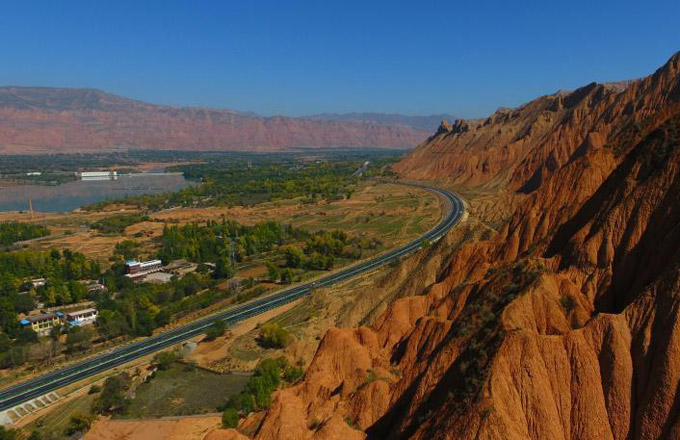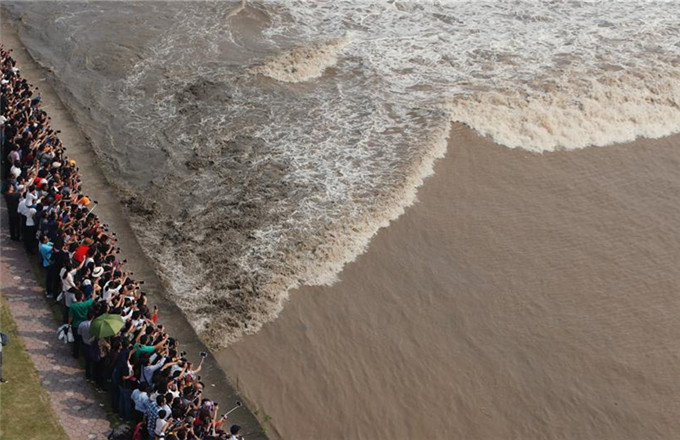Chen Duxiu, CPC member who took part in Revolution of 1911
Chen Duxiu (October 8, 1879 – May 27, 1942) played many different roles in Chinese history. He was a leading figure in the anti-imperialist Revolution of 1911 and the May Fourth Movement for Science and Democracy. Along with Li Dazhao, Chen was a co-founder of the Communist Party of China in 1921. He was its first Chairman and first General Secretary. Chen was an educator, philosopher, and politician. His ancestral home was in Anqing, Anhui, where he established the influential vernacular Chinese periodical La Jeunesse.
* October 9, 1879: Born in Huaining (now Anqing), Anhui.
* 1879 to 1901: Early life and education in China.
* 1901 to 1908: Studied in Japan, organized Republican revolutionary groups.
* 1908 to 1911: Worked as a teacher.
* 1911 to 1915: Participated in the Revolution of 1911, the post-revolution Republican government and the anti-Yuan Shikai revolution.
* 1915 to 1920: Was a leading figure in the May Fourth Movement.
* 1920 to 1927: Founded and led the Communist Party of China, serving as general secretary for the first through fifth national congresses of the Party (1921-1927). In the later part of the First Revolutionary Civil War Period (1924-1927), Chen Duxiu committed serious ideological errors as a chief representative of the Right-wing opportunist Party line. He was removed from his post in 1927.
* 1927 to 1932: After the failure of the Revolution of 1927, Chen turned against the revolution and formed an anti-Party clique. In November 1929, Chen was expelled from the Party and became a Trotskyite. He was elected to the central committee of the Chinese Trotskyists.
* 1932 to 1937: Arrested by Kuomintang authorities and imprisoned. In 1932, Chen was arrested by the Kuomintang in Shanghai and sentenced to 13 years in prison as a political prisoner for alleged "crimes" endangering the republic.
* 1937 to 1942: He was released at the outbreak of the War of Resistance against Japanese Aggression in 1937. He then retired from public life.
* May 27, 1942: Died due to heart attack in Jiangjin, Sichuan Province.
His main works include On the Situation Along the Yangtze River (1897), Tragic Society (1902), On Drama (1904), To Young People (1915), On Literary Revolution (1917), and My Reply to the Charges Against New Youth (1919).






















